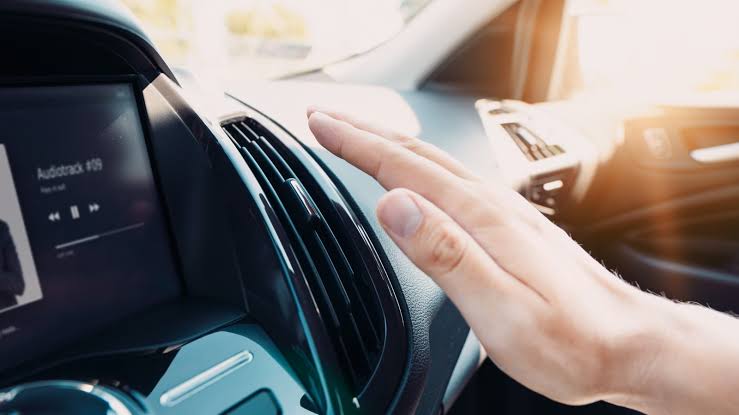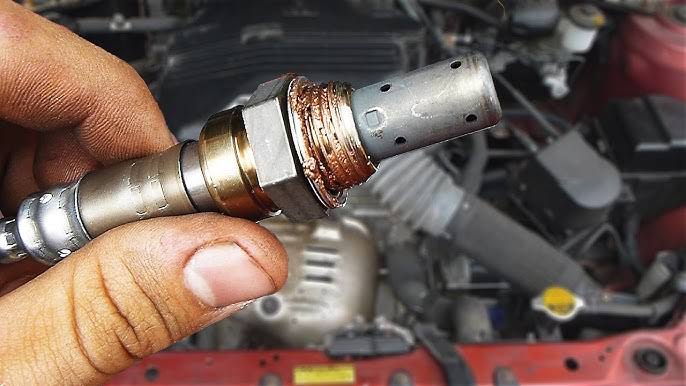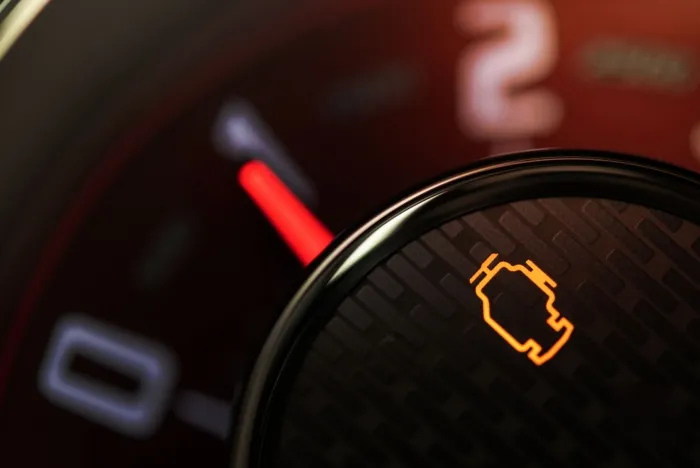Does Air Conditioning Burn Gas?

Air conditioning (AC) is a vital feature in vehicles, especially during hot weather. However, many drivers wonder if using the AC burns gas and, if so, how significant the impact is on fuel consumption. This blog explores the relationship between vehicle air conditioning and fuel usage to answer the common question: does air conditioning burn gas?
How Does a Vehicle’s Air Conditioning Work?
To understand whether AC burns gas, it’s essential to know how the system functions:
- Compressor Operation: The AC system relies on a compressor that is powered by the vehicle’s engine.
- Cooling Process: The compressor compresses refrigerant, which cools the air inside the vehicle.
- Engine Load: When the compressor engages, it places an extra load on the engine, requiring more energy to operate.
Does Air Conditioning Burn Gas?
Yes, air conditioning does burn gas. When you turn on the AC in a car with a gas-powered engine, the compressor requires power to function. This power is drawn from the engine, which uses fuel to generate it.
Factors Affecting Fuel Consumption
Several factors influence how much gas is burned when using air conditioning:
- Vehicle Type: Smaller engines may work harder to power the AC, leading to higher fuel consumption compared to larger engines.
- Driving Conditions:
- City Driving: Frequent stopping and idling can increase the impact of AC on fuel usage.
- Highway Driving: The AC’s effect is less noticeable at consistent speeds.
- AC Usage Intensity:
- Running the AC at maximum settings will consume more fuel than moderate use.
- Vehicle Maintenance: A well-maintained AC system and engine are more fuel-efficient.
How Much Gas Does Air Conditioning Burn?
The amount of gas burned varies depending on the vehicle and conditions, but studies suggest that using the AC can reduce fuel efficiency by 5% to 20%.
Example Scenarios
- Idling with AC On: Cars may consume 0.1 to 0.5 gallons of gas per hour while idling with the AC running.
- Driving with AC On: Fuel consumption may increase by 0.1 to 0.3 gallons per hour during normal driving.
Tips to Minimize Fuel Consumption with AC
If you want to stay comfortable without drastically affecting your fuel efficiency, consider these tips:
1. Use the AC Wisely
- Avoid running the AC at maximum settings unless necessary.
- Turn it off when you don’t need it, especially during mild weather.
2. Ventilate the Vehicle First
Before turning on the AC, open the windows for a few minutes to let the hot air escape. This reduces the workload on the AC.
3. Use Recirculation Mode
Recirculation mode reuses the air already cooled inside the cabin, reducing the energy needed to cool hot outside air.
4. Maintain Your AC System
Regular maintenance, such as cleaning or replacing filters and ensuring proper refrigerant levels, keeps the AC system running efficiently.
5. Consider Alternatives
On cooler days, use the vehicle’s fan system or roll down the windows for natural ventilation.
Does Using the AC Save Gas Compared to Open Windows?
This is a common question among drivers. At lower speeds, rolling down the windows is more fuel-efficient than using the AC. However, at higher speeds (e.g., highway driving), open windows create aerodynamic drag, which can increase fuel consumption more than running the AC.
General Rule of Thumb
- City Driving: Open windows may be more fuel-efficient.
- Highway Driving: Using the AC is often the better choice for maintaining fuel efficiency.
FAQs
1. Does using the AC in electric cars reduce range?
Yes, using the AC in electric vehicles (EVs) reduces the battery range, as the system draws power directly from the battery instead of burning gas.
2. Is idling with the AC on bad for the engine?
Prolonged idling with the AC on can strain the engine and waste fuel, but occasional use is generally fine.
3. Does a poorly maintained AC system burn more gas?
Yes, issues like low refrigerant levels or dirty filters force the system to work harder, increasing fuel consumption.
4. How can I tell if my AC system is affecting fuel efficiency?
If you notice a significant drop in mileage when using the AC, it may need maintenance or repairs.
Conclusion
Yes, air conditioning burns gas because it relies on the engine to power the compressor. While the amount of gas burned varies, it’s important to use the AC wisely to balance comfort and fuel efficiency. With proper maintenance and mindful usage, you can enjoy a comfortable drive without drastically impacting your fuel economy.
Also Check:





